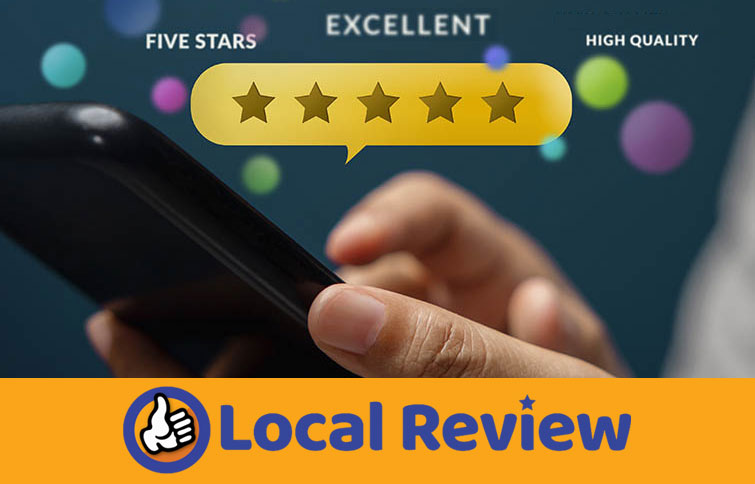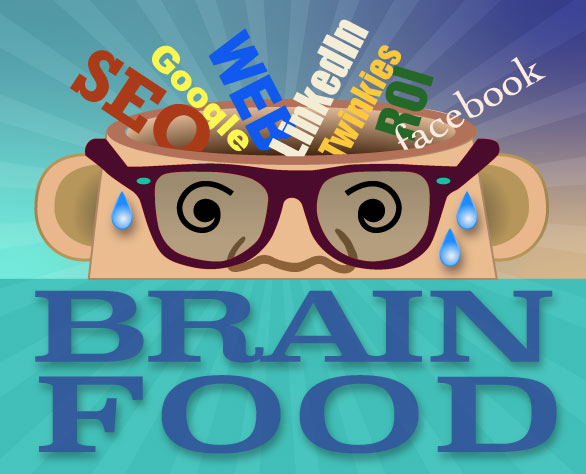A website marketing strategy, in its simplest form, is an action plan to achieve your business’ goals.

Creating a marketing strategy includes many individual steps, and much of what’s written about it is unclear or conflicting. So, if you’re feeling overwhelmed, you’re in the right place. The obvious goal is to build a website that attracts, engages and converts browsers into buyers.
Know Your Business and Your Customer
What makes your business stand out from others selling the same or similar things? Why should people choose you? What do your customers want? Why do they want it? When they search the web for what you provide, what are they hoping to find?
The questions about your business and your market provide the foundation to plan and execute an effective website marketing strategy. Without this knowledge, whatever you do to create or improve your existing strategy may be wishful thinking.
Website Evaluation
Customers search the web to discover answers. When you click a link in the search results and land on a page, what was your opinion? Did you feel that you’d come to the right place? Could you tell from what you saw, read, and felt that the page was worth your time and attention?
Customer Engagement
Websites need to provide answers that customers are searching for. A website must be easy to navigate and create value and trust to help with turning a visit into a customer. When users visit your website, you want them to answer yes to all of the above. Getting to this position requires the right combination of words, images, and, most importantly, awareness.
Website Audit
If you’re not sure that your site sends the right message about you, consider having an audit to uncover liabilities. We focus on your site design, how you currently use color, how your content reads, the technology your site is built on, how your competitors stack up, and more.
Leverage the Power of Google
Use the power of Google to bring traffic to your website. The right kind of traffic. Targeted traffic consists of those that are likely to want what you sell. And, if you serve local customers, it includes people located in the areas you serve. For example, let’s say you are a divorce attorney in Allentown. There’s a way to set things up so that Google can send you traffic from Allentown instead of somewhere out of your service zone.
As passionate business owners and operators, we want steady streams of targeted traffic, a website that exudes credibility, and our users to experience the upliftment that comes from sensing that we’ll keep our promises (to keep their homes pest free, to bring them more clients, and so on). Fortunately, the elements that allow us to achieve the above are the very elements that impress Google. They include …
Relevant Keywords
A keyword is typically a keyword phrase. Yes, “content marketing” is a keyword. So is “Doylestown commercial cleaning services“. You want to put keywords in specific areas of your website to make both people and search engines rank that keyword correctly. That’s the short explanation. Search engine optimization (SEO) is important.
To keep it simple, SEO is the practice and execution of driving organic or free traffic, to your website. 24/7. Keywords are the required pieces to grow your visits. It’s the language searchers speak when looking for what you sell.
High-Quality Content
This is what your traffic comes to see. The words, images, videos, happy-customer testimonials, in short, everything you put on your site to communicate why those who find you should run, not walk, into your open arms.
The list of content types is long. Articles, podcasts, videos, webinars, ebooks, and infographics make up a fraction of content possibilities. To resonate with your audience, content must address their needs thoughtfully (more on this later).
Optimization
Optimization refers to activities, technical and non-technical, undertaken to make your website attractive to your audience and search engines (Google, Yahoo, Bing, and so on). Put another way, the purpose of optimization is to make you both desirable and findable.
Imagine going through all the trouble to create a beautiful site with great, informative content. Then imagine Google and the other search engines not being able to find you when users search for what you offer. This is an important topic. Our goal is to to help you be found for the content that is important to your business. Just know that optimization is an essential part of a our website marketing strategy.
The Right Links
Links help to acquire the traffic we value. But only when we understand their power. In other words, links have the power to build a stronger, more valuable site. Simply put, some links are good at bringing us targeted traffic. Others not so good. Others still can be downright destructive.
Content Creation
Your traffic is coming to see your content. People who land on your site have hopes in finding the answer on your website. They want to discover high-quality content that’s easy to understand. Content that helps them find answers, solve problems and feel better.
Plan and create targeted content. Let’s say you’re a law firm based in Doylestown, and you work with a lot of startups. Let’s also say you know that an upcoming change in regulations will affect the startup community. This is the perfect opportunity for an article, podcast, and/or webinar designed to help your market navigate change. And … view your your website as the source the next time they need legal help.
In addition to creating helpful, trust-building content, you’ll want to want to promote it. In other words, as great as your content may be, unless you broadcast its existence, your audience is unlikely to find it. One effective way to spread the word is to …
Integrate with Social Media
Choose social media channels to benefit from social media marketing opportunities. Select channels where your audience gathers and shares information. If you’re already using social media, consider if the return on investment is worth the effort you’re putting into it.
For example, if you’re currently using social media to drive traffic to your site, find out what percentage of this traffic engages with your content, reaches out to you for more information, or takes some other desired action.
If the percentages are low, you may need to look at the quality and frequency of your social media messages. You may need to assess how well the expectations they set are fulfilled when users click from them to your website. Meaning, you want these folks to have a consistently good, confidence-raising experience. Because (the old adage) people buy from those they know, like, and trust.
Email marketing
In spite of what you may hear periodically, email is far from dead. In fact, email remains a very effective tool for building rewarding customer relationships. Routinely, it’s one of the top channels for many sectors. That is, provided you approach it considerately, with your readers’ desires in mind. In other words, when you send emails you’re entering others’ personal space, so you want to be respectful.
To put email to work for you, you’ll want to grow a list of email subscribers. One way to do this is by offering something free and helpful in exchange for an email address. For example, if you sell real estate, you can offer a free guide that simplifies the process of buying property. You can follow this up with a series of useful emails that solve common problems.
To clarify, you might send an email about property inspection that links to a more in-depth article (on your blog) on the topic. When you link compelling emails to articles that are genuinely beneficial (no fluff) and easy to understand, you can be viewed as someone trustworthy. This can make it much easier for readers to choose you when it’s time to buy.
Not sure what to write about in your emails? Make a list of questions you often receive from customers—pre- and post-sale. Your top sales people can be a great source for this. Then, turn your answers into a steady supply of informative email content.
Paid Ads
Why paid ads? As you may have heard, it can take several months of content creation and promotion to begin seeing results. Now, this is entirely worth the wait. Because, like compound interest, traffic generated by these methods grows exponentially. However, you may want faster results. Depending on factors like the average amount your customer spends with you, and what it costs you to acquire said customer, buying ads can pay off big time.
For example, with a platform like Google AdWords, it’s not unusual to see a return on investment of several hundred percent. In addition, if you’re new to a particular market, running paid ads can help you find out quickly which keywords bring you the most traffic. Think of this as a crash course in finding keywords that are worth your investment.
Further, if you hire a trusted agency to set up and manage your paid ads, they’ll keep a sharp eye on what’s working so that you can repeat it.
Conclusion
Creating a winning website marketing strategy begins with knowing yourself and your customer. This is an absolute must because it lays the foundation for each step that follows: revamping your website, optimizing it so that people are drawn to you and search engines can find you, creating content that your market loves, promoting it via social media, building your email subscriber list, and, if desired, boosting traffic with paid ads. Each step combines to create the exciting synergy that grows your business.

